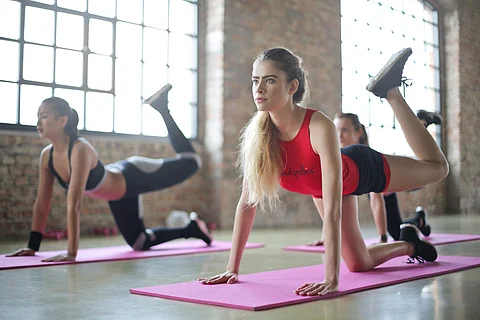

The Coronavirus has forced the education system and its stakeholders to find a space for themselves on the internet. At a time like this, organisations such as the NSS, NCC or other co-curricular clubs set up in educational institutions have come to a standstill. Due to the fact that student volunteers are under strict instruction to stay at home, college clubs of any sort have no basis to resume. Outdoor activities or community outreach programmes can be conducted only if institutions open up again.
These clubs fall directly under the purview of the Central Government. There is a hierarchy in place and the next step will have to come directly from there. Until the threat of the virus is over, the best service the students can do is to stay at home and, with this in mind, a number of online activities have been set up. The first of which was the Aarogya Setu mobile app — developed by the Government of India to connect essential health services with people — which has been downloaded by almost 70 per cent of the volunteers.
The most important programme available to volunteers and cadets at home is the Integrated Government Online Training (iGOT) training. The online training course is focused on youngsters of the NCC and NSS. A special module on COVID-19 orientation has been made available on the government’s Diksha platform. Materials are offered to students by the Ministry of AYUSH and the Ministry of Family Welfare. The course is available in all languages spoken in India. At the time of writing, almost 60,000 students have been trained. And for those who successfully complete the course, the government will award them an online certificate.
During this period, each unit is at its own discretion to conduct programmes for their volunteers. Under strict government instructions, some children have been engaging in basic services such as community kitchen, palliative care and call centre activities. Most importantly, we are now focusing on creating 25 lakh face masks. Each NSS volunteer will make at least 5 masks at home. Tutorials for doing this have been sent to each of them. In many colleges in Chennai and parts of Karnataka, NSS volunteers in various institutions set up helpline services to help their fellow students.
A good per cent of the volunteers have been growing mini-farms composed of fruits and vegetables in their homes. They have also been encouraged to use social media to spread the word about valuable information or important initiatives. In addition to this, the NSS has also introduced online competitions on arts and cultural events. Even the community work that is being conducted right now is under strict instructions and monitored by local authorities. Only those under government direction are permitted if they have a signed pass.
All voluntary projects are now based in the homes of our students because we can’t really afford to step out during this time. As for fieldwork and factory visits, it will have to wait until we fully reevaluate the situation. The first focus after schools reopen will be to resume exams. The future of the NSS will only be determined after that.
(As told to Azmia Riaz)
